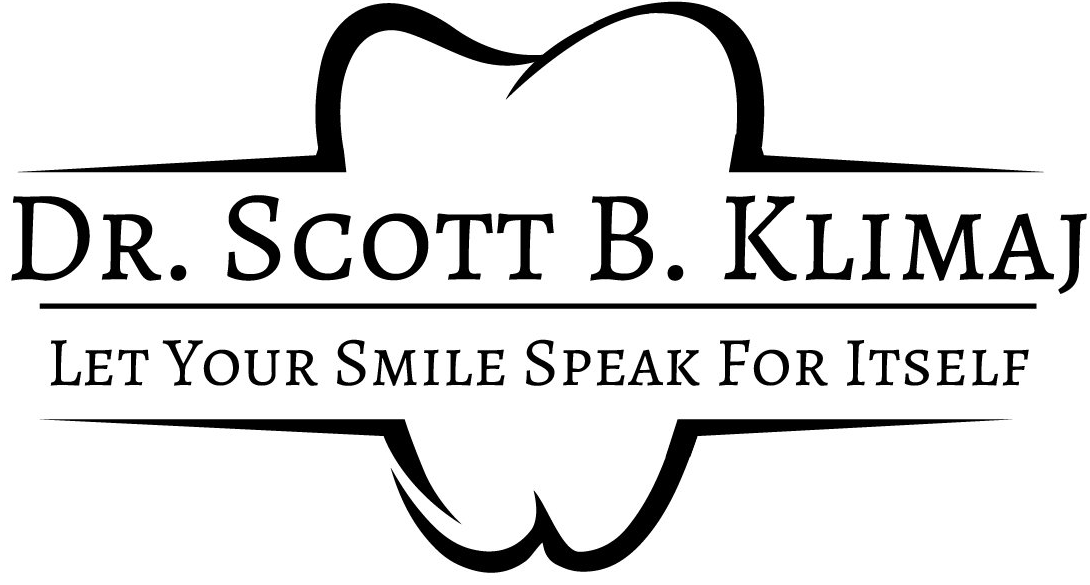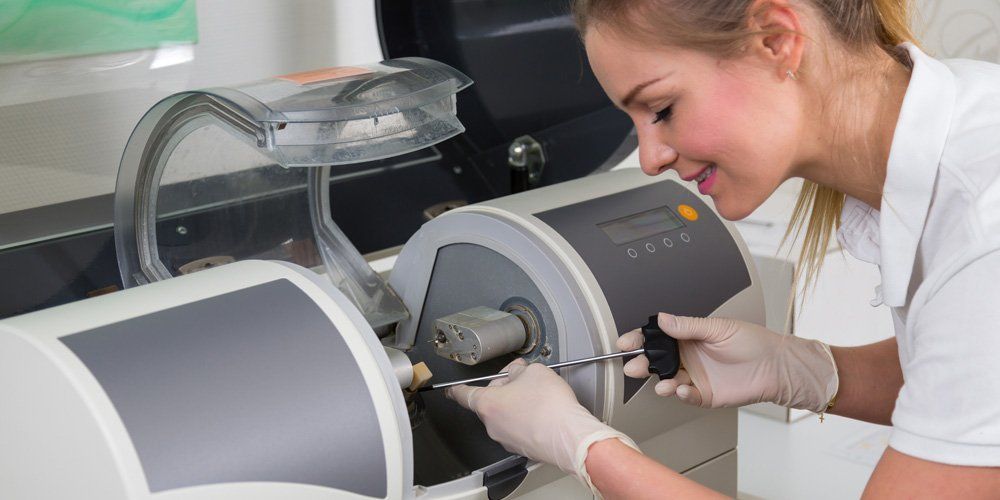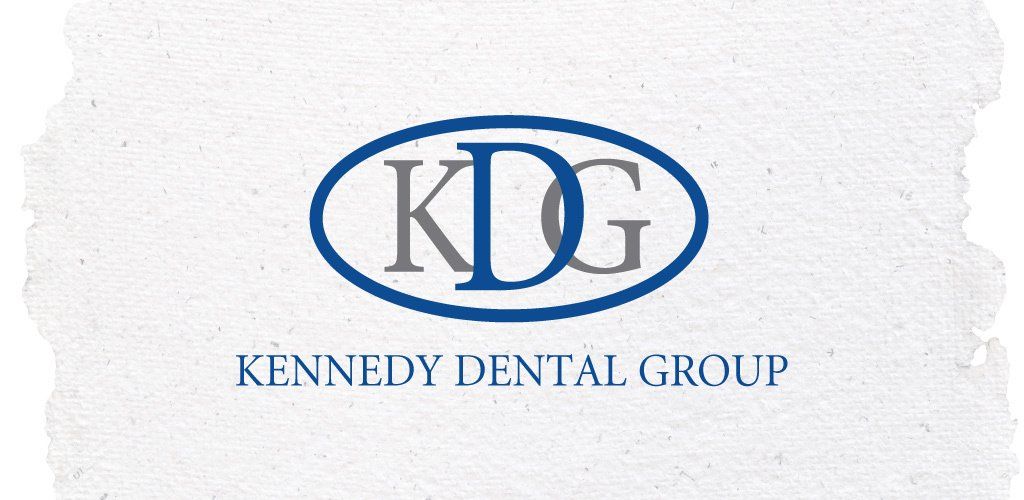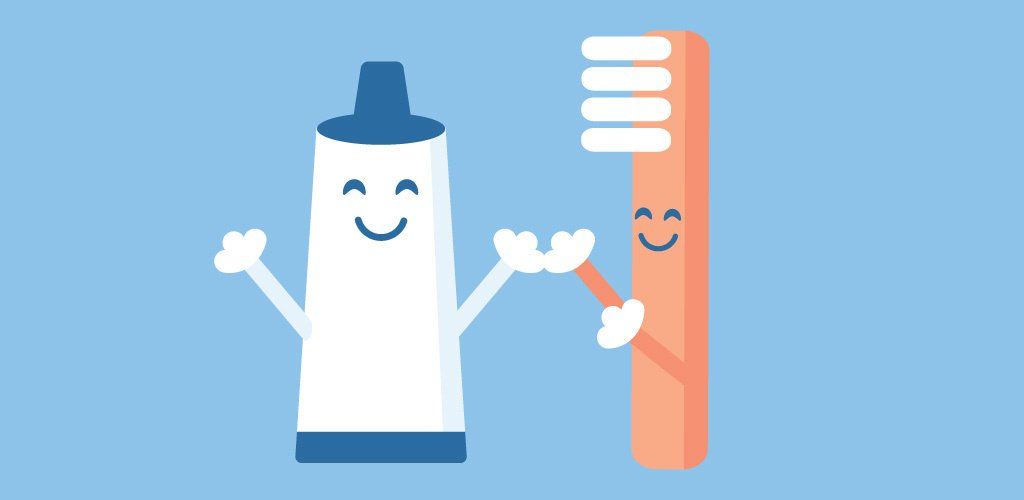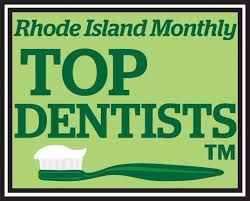Why You Should Use Your Dental Insurance by the End of the Year
Solution21 Web Concepts Media • September 17, 2019
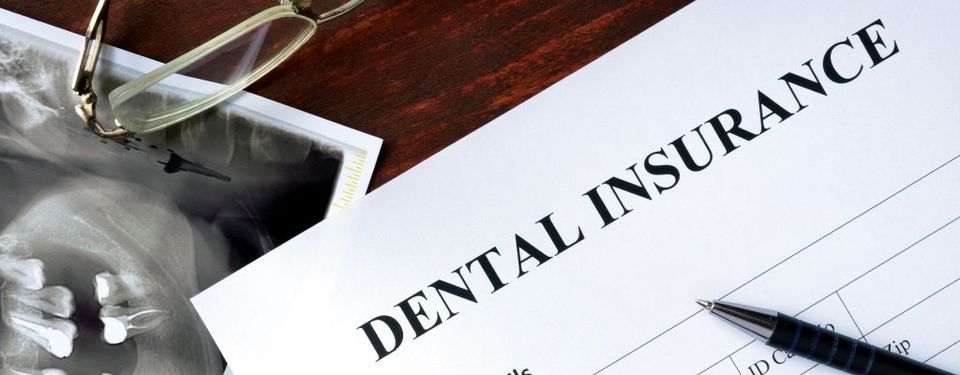
The year is quickly coming to a close, which means so is your dental insurance. While the end of the year is typically busy for most, it is worthwhile to make an appointment to see your dentist. At the end of the year, your dental insurance benefits will expire. If you haven’t been to the dentist much this year, it may be a good time to schedule a few appointments and make use of the benefits you’re paying for. There are several reasons why this is beneficial.
Dental procedures can be expensive, even with insurance. You don’t want to be spending more than you have to for dental procedures. Using your insurance by the end of the year can save you hundreds of dollars or more. Most insurance plans run on a calendar year vs a fiscal year. At the end of December, the benefits you have attached to your dental insurance plan are lost. By making appointments before the end of the year, you can save a significant amount of money.
Because insurance companies make money from people who don’t use their benefits, most are not actively telling their clients to use their insurance by the end of the year. Many times, insurance companies count on these clients to let their benefits go unused. Insurance pays out an annual maximum that costs them money every year. When patients don’t use up their yearly maximum when they need it, the insurance company doesn’t have to pay that money. Be sure to check with your insurance company to know what benefits you have remaining and try to use them by the end of the year.
Each dental plan includes a deductible. This is the amount of money that you must pay out of pocket for dental services before your insurances will pay. Generally, this amount is under $100, but varies by insurance provider. If you have been using your insurance all year, you will have most likely met your deductible by the end of the year. Deductibles do not roll over to the next year and any money you have put towards the deductible will be lost. Once your deductible resets, you will need to pay towards it again for the next year.
Just like your deductible, your yearly maximum doesn’t rollover to the next year. The yearly maximum is the amount that your insurance plan pays towards your dental work in a year. Typically, this amount is $1000-$2500 per year and varies by insurance provider. Each month you pay a premium towards your benefits. Don’t lose these benefits by letting them go unused – you’ve earned them! Use your yearly maximum before they expire.
As with many things, your dental insurance carrier may raise their fees the next year. You may be paying a certain amount this year and then end up paying more next year towards your insurance. Your premiums and deductibles could be at risk for increasing. If your dentist finds a dental problem that needs treatment, get it done before the end of the year to avoid paying more due to increases the next year.
Dentists may also raise their fees each year to keep up with costs that come from maintenance and regulations. This coupled with the possibility of insurance costs rising, means that getting your procedures done by the year end is extremely beneficial to you.
Delaying dental treatment can cause more problems down the road. What may seem like a small issue can worsen later on. Getting regular dental checkups at your dentist allows dental issues to be discovered, identified and treated. Catching problems early means avoiding more extensive treatments when the problem worsens.
There are many reasons to use your dental insurance that can help you avoid issues next year. Contacting your dentist and scheduling an appointment will help you to avoid losing any insurance benefits and can save you money in the future.
Kennedy Dental Group located in Chapel Hill, NC, has been providing dental treatment and preventative care to their clients since 1967. Call (919) 967-9291 to schedule an appointment today.
Recommended Resources:
Dental Plan Basics: Knowing Which Plan to Choose
5 Reasons Why You Need Dental Insurance
Dental Insurance 101
